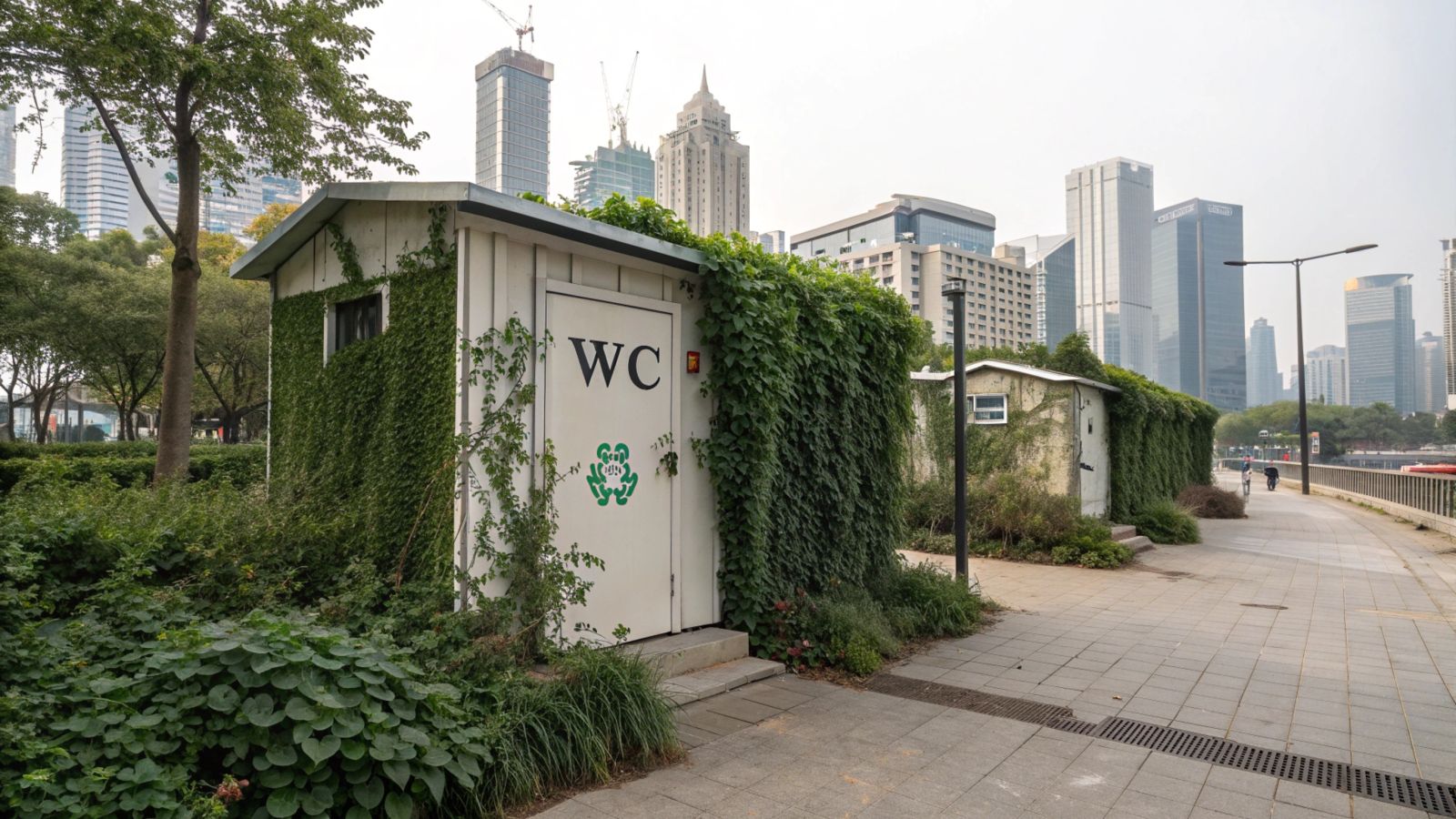The gold in our toilets: when urine becomes a highly effective fertilizer 🌱
Follow us on Google News (click on ☆)
Scientists from ICTA-UAB have demonstrated that nitrogen extracted from urine can serve as an effective fertilizer. This method reduces CO₂ emissions, water consumption, and dependence on non-renewable resources, offering a sustainable alternative to traditional agriculture.

Urban agriculture faces a major challenge: finding environmentally friendly fertilizers. Urine, rich in nitrogen, appears as a promising solution. Its reuse helps limit water pollution and reduces the carbon footprint associated with synthetic fertilizer production.
Global demand for nitrogen fertilizers increases every year, exacerbating pressure on fossil resources. Urine, abundantly available, could meet part of this need while fitting into a circular economy.
Researchers have developed a process to transform urine into nitrate, which plants can directly absorb. Tested on tomatoes, this natural fertilizer showed encouraging results, with a potential yield of 2.4 tons per cubic meter of treated urine.
Despite these advances, questions remain, particularly regarding pharmaceutical residues in crops. Scientists continue their work to optimize the process and evaluate its applicability on a large scale.
This innovation opens interesting perspectives for cities looking to develop sustainable agriculture. It illustrates how human waste can be valorized to feed populations while protecting the planet.
How can urine become fertilizer?
Human urine is rich in nitrogen, a key element for plant growth. To transform it into fertilizer, scientists use a process that converts urea into nitrate, a form of nitrogen easily absorbed by plants.
This process involves adding a base to adjust pH and the action of specific microorganisms. The result is a nutrient-rich liquid, ready to be used for crop irrigation.
The advantage of this method lies in its simplicity and low energy cost. Unlike synthetic fertilizers, it doesn't require fossil fuels, thereby reducing greenhouse gas emissions.
Finally, this approach allows recycling waste into a valuable resource, contributing to a more circular and sustainable economy.
What are the environmental benefits of this method?
Using urine as fertilizer offers several environmental benefits. First, it reduces water pollution by limiting nitrogen discharge into rivers and groundwater.
It also decreases dependence on synthetic fertilizers, whose production is energy-intensive and emits CO₂. This helps mitigate climate change.
Finally, this method promotes more efficient use of local resources. It transforms waste into a resource, aligning agricultural practices with circular economy principles.
On a large scale, this innovation could significantly reduce agriculture's ecological footprint, especially in urban areas where green spaces are limited.